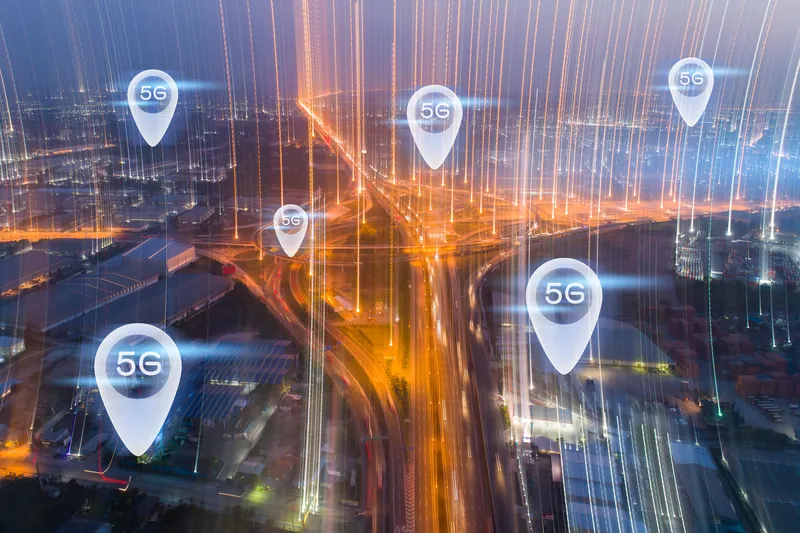A recent B2B technology survey by
"Transportation providers may view intelligent transportation technologies as solutions to evolve their existing transportation operations versus opportunities for developing new revenue streams and business models," says Susan Beardslee, Senior Analyst at ABI Research. "These players also show concern for legacy systems integration and comprehension of the complexity/fragmentation of their supply chain."
Survey respondents find that intelligent transportation technology benefits are frequently linked to promoting workforce collaboration, centralised IT and operations frameworks, as well as workforce mobility. Primary barriers to adoption include data security and privacy concerns, alignment with existing legacy framework, and associated costs of technology adoption. Respondents also expect limited impact of delivery drones over the next two years; 40 per cent do not see a role for this in their businesses within that timeframe.
"The results deliver validation that notable challenges remain to digitise, automate, and transform the transportation industry, especially with the very long tail of owner-operators and small fleets," concludes Beardslee. "Support of emerging technologies draws mixed reactions, with Over the Air building awareness. But respondents still see other compelling technologies, such as gateways, as nascent to the transportation industry. We expect to see this increase soon to effectively link vehicles and assets to operations."
Use of autonomous vehicles and drones expected to rise in US transportation industry
A recent B2B technology survey by ABI Research of 455 US-based companies across nine verticals finds that 30 per cent of transportation industry respondents plan to introduce robotics into their business operations within the next year, with another 22 per cent actively assessing the technology. Despite notable near-term progress in robotics deployments among the respondents to support e-commerce and delivery growth, their lack of familiarity with nascent technologies such as AR, blockchain, 5G, autonomous
August 4, 2017
Read time: 2 mins








